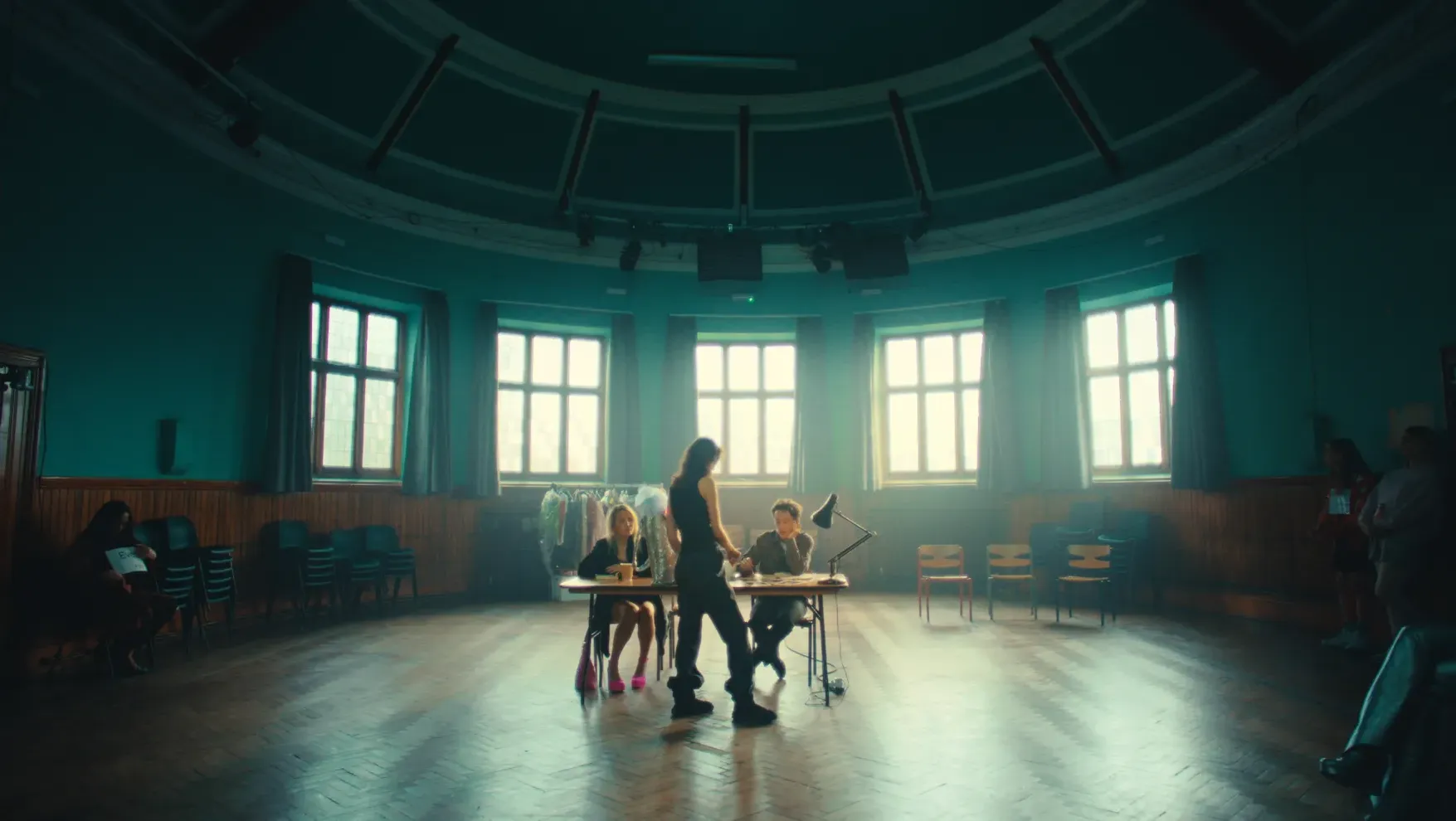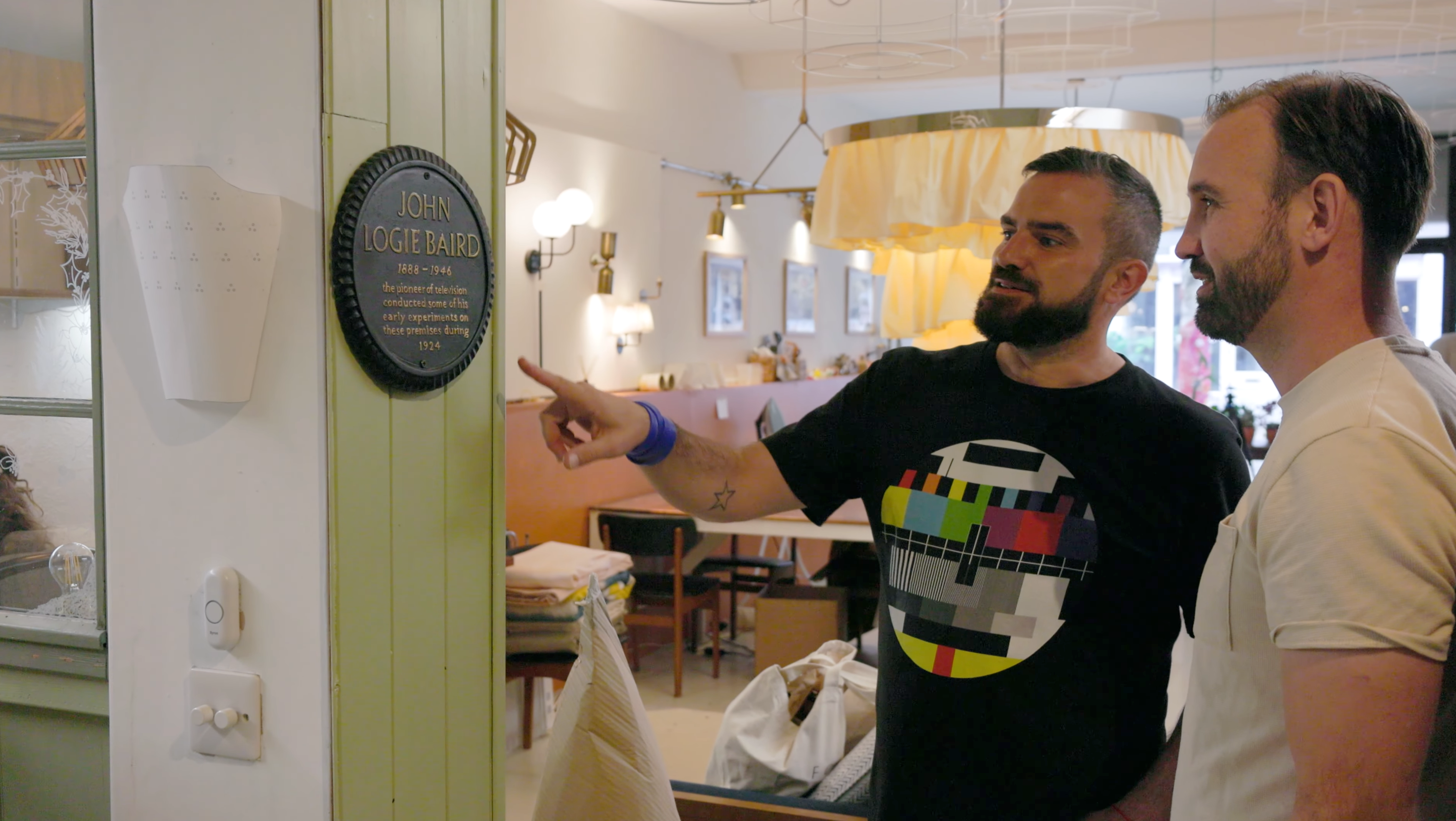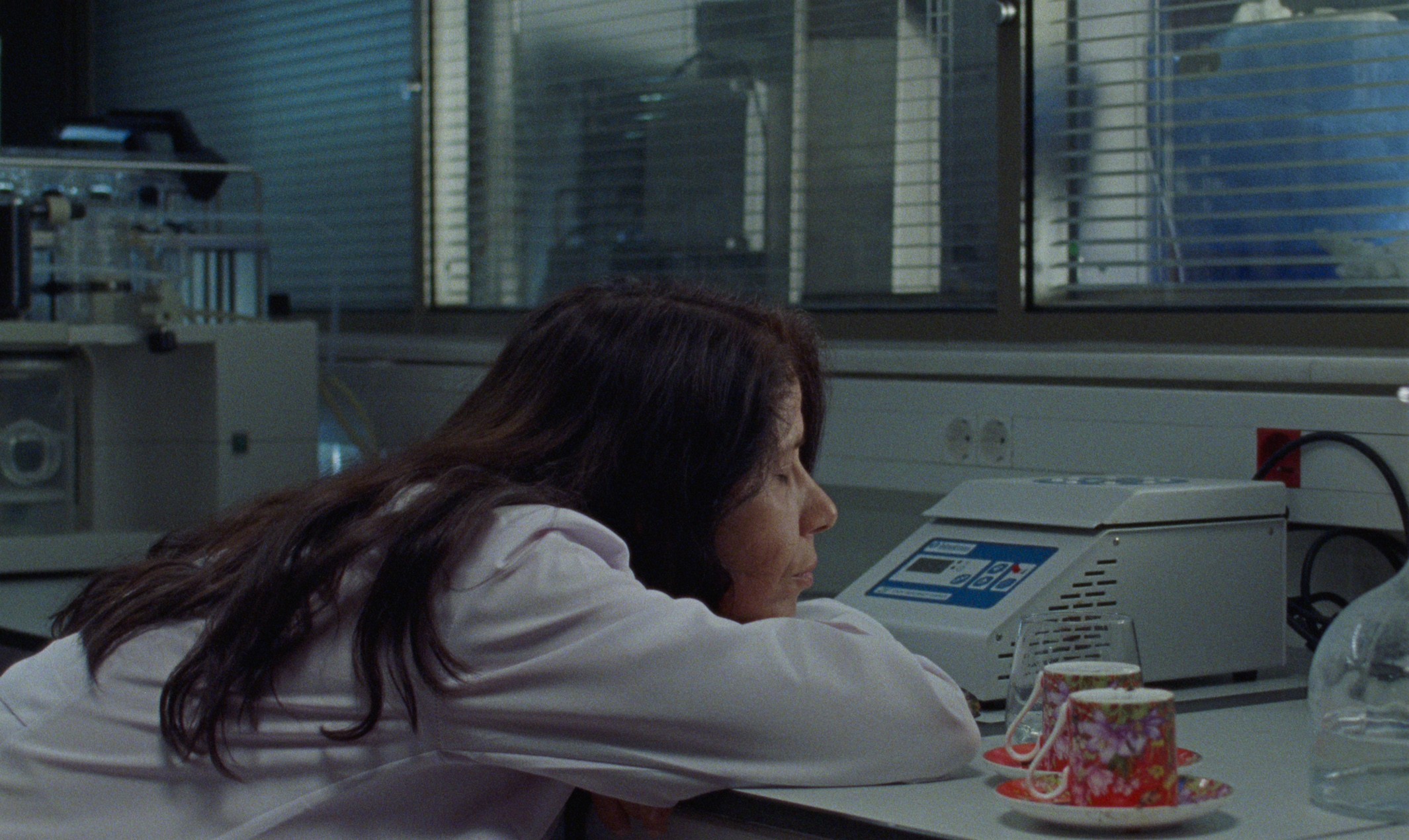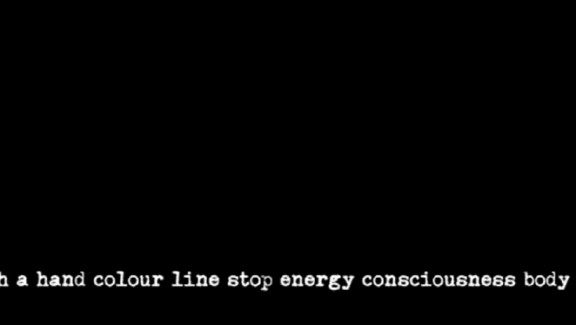Full Stop
Synopsis
Details
- Year
- 2014
- Type of project
- Shorts
- Running time
- 4 mins 45 secs
- Format
- DV
- Director
-
Zata Kitowski
- Screenwriter
- Zata Kitowski
- Sound
- Zata Kitowski
Categories
Production Status
Page updates
This page was last updated on 12th May 2025. Please let us know if we need to make any amendments or request edit access by clicking below.
See also
You may also be interested in other relevant projects in the database.
 Principal Boy
Principal Boy
Director: Maz Murray
Year: 2024
Following the audition, rehearsal, and performance of the central character in British pantomime, known as the ‘principal boy’. Traditionally a young male protagonist, the character is conventionally played by a woman in drag. Using and subverting traditional British pantomime conventions, PRINCIPAL BOY explores the presence and absence of trans and gender-nonconforming people in mainstream culture, including film and stage productions. Official Selection Aesthetica Film Festival 2024
 Is Folkestone the Birthplace of Television?
Is Folkestone the Birthplace of Television?
Director: Ben Barton
Year: 2026
Where did the first-ever TV broadcast take place? Beginning with a forgotten plaque in Folkestone, filmmaker Ben Barton follows a trail left by television pioneer John Logie Baird – and re-examines where television first sparked to life.
 İki Laborantın Yorgun Saatleri (The Weary Hours of Two Lab Assistants)
İki Laborantın Yorgun Saatleri (The Weary Hours of Two Lab Assistants)
Director: Burak Çevik
Year: 2026
At midnight, two lab assistants study an unknown substance using machines and procedures that are unclear to us. They pursue knowledge through the strict logic of the laboratory. As exhaustion settles in, one of the assistants brews Turkish coffee for the other, and the night shifts. The process becomes a fortune-telling, and the scientific gaze gives way to intuition. Moving from analysis to foresight, the two women imagine another method of knowing, a space where rational inquiry and intuitive perception coexist. Official Selection Berlin International Film Festival 2026 - Forum Expanded - World premiere
